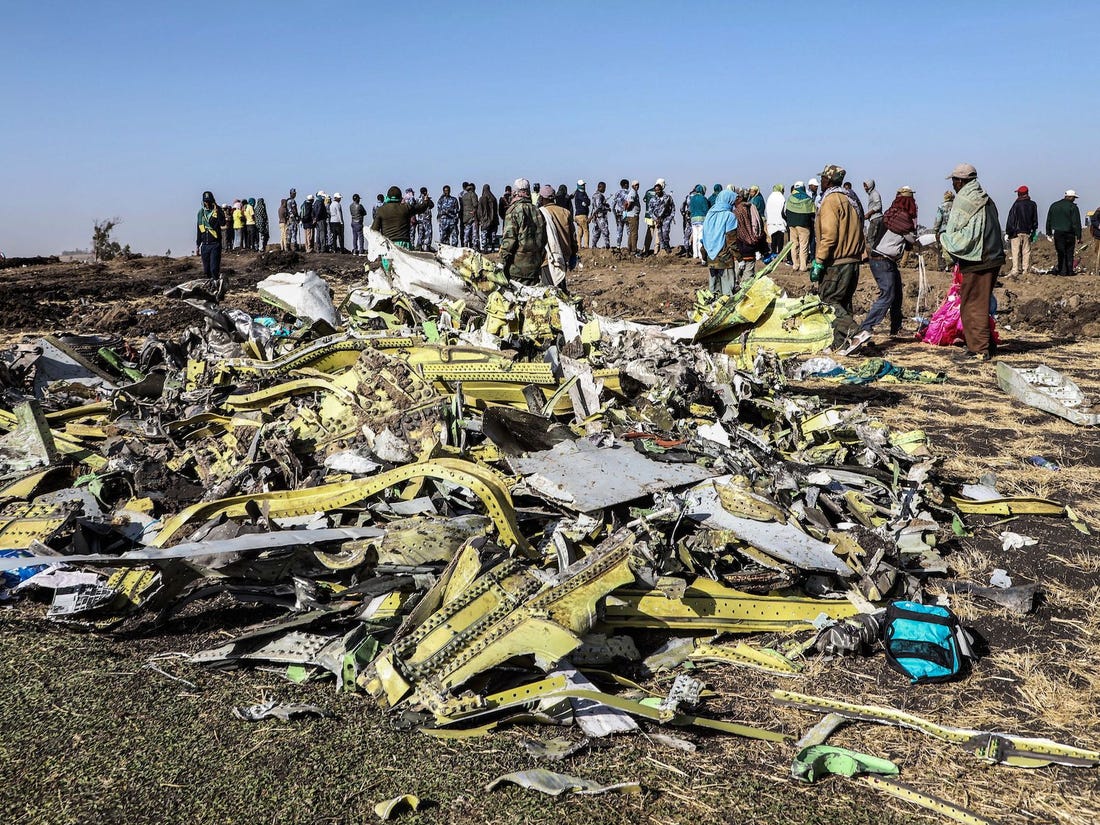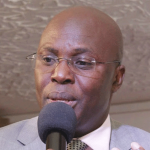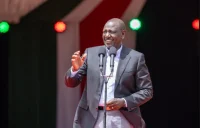The more I cover deaths from conflicts and tragic happenings, the more I realize how hard it is. I hate human suffering. I abhor disasters. Extending a microphone to someone who has just lost a leg in an accident or lost a relative is somewhat the hardest thing to do in journalism.
Right now, the world is facing the COVID-19 pandemic. So many lives have been lost, and the death toll is rising globally. Journalists are reporting about death. We are fast getting used to a new way of life, what others are now calling the new normal, and journalists are found on the frontline.
Such moments are challenging and present a huge task. Everyone in the broadcasting business will tell you reporting about death is tough.
I have, however, listened to people who say journalists have a particular proclivity for negative news. That their world is abstract, and they lack the milk of human kindness. That is not true.
But let’s put this to bed – no matter how difficult it is, someone has to do it. Telling stories about life and death is a journalist’s work to do. It has something to do with creating human connections! It’s part of why journalists exist.
Ethiopian airline crash
I covered the March 2019 horrific Ethiopian air crash! The saddest story I have had to cover. The crash killed all the 157 people on board, just some six minutes after the plane took-off from Addis Ababa. This happened near a small town called Bishoftu, some 60 km South East of the capital.
I remember that Sunday morning quite vividly. My editor called just as I was about to leave the house for the office. By this time, the news had already started spreading; the world was mourning. She directed that I prepare my travel documents and depart the very day for Addis. There were no two ways about it- this was the biggest story of the day.
We arrived in Addis Ababa later that evening to a grieving welcoming right from the airport to the streets. Information about the cause of the air crash was coming out, albeit piecemeal, and everyone struggled to wrap their heads around the happenings.
We were among the first to arrive at the scene of the tragedy. It was terrifying to a degree. Absolute horror!
SEE >> Leading Media House Issues Second Layoff Notice
Here was a wide depression on a plateau with everything burnt down to ashes. Ethiopia was shaken to the core by the tragedy, and so was the world. The only things visible were small pieces of computer chips, books, clothes and parts of the plane, all strewn everywhere. Not a scintilla of the human body. Investigators were still combing the area at the time, as some families started arriving to witness the horror.
Our cameras were rolling. Our mics were getting ready. But here was the hardest test of them all-getting grieving families to speak to us. I have covered enough tragic events, but this one felt different. I was in a dilemma.
Where do you start?
Quite often, most journalists find themselves in such spots when covering moments of grief. So, where and how do you get started?
According to The Dart Center for Journalism and Trauma, how you conduct an interview can impact a subject’s frame of mind, since, in most cases, everything around them has changed dramatically.
Journalists have a high calling to measure how far they can go and make every effort to minimize harm to their subjects and themselves.
The Poynter Institute for Media Studies suggests that for starters, as a cardinal rule, journalists should speak to immediate family members. Not every source is credible; you want only the right people to speak.
Be polite and empathetic. Do not pressure your subjects to remember everything during the interview; they could be dealing with memory loss. This is quite common in such moments.
If you are arriving at an active scene, make sure your subject doesn’t need medical attention. Before jumping into questions, first, ask if they need any medical attention and inform them of the ways they can get this attention.
Reporting about death is a hard necessity for journalists. Some psychologists say that journalism plays an important role in mourning and the search for answers, especially in mysterious deaths.
Do some research beforehand. You don’t want to start an interview with awkwardness just because you cannot picture what to ask next. Find invaluable information about the deceased’s birthplace, where they schooled, when they graduated, and suchlike.
Taking control
Allow the interviewee to take some control in the process. Usually, this is not the practice, but it goes a long way. You might want to allow them to tell you when to stop or take a break.
Also, do not lift pictures of the deceased online, but if you must, get approval from the immediate family. It is courteous and ethical.
Talking about death is uncomfortable. Reporting about death is even more so.
The Poynter Institute advises journalists not to bottle up their feelings. Covering a traumatic event can affect you, too. Be sure to find ways to talk about the experience with your friends, family, or editor. At this point, a listening ear could make all the difference.













Leave a comment